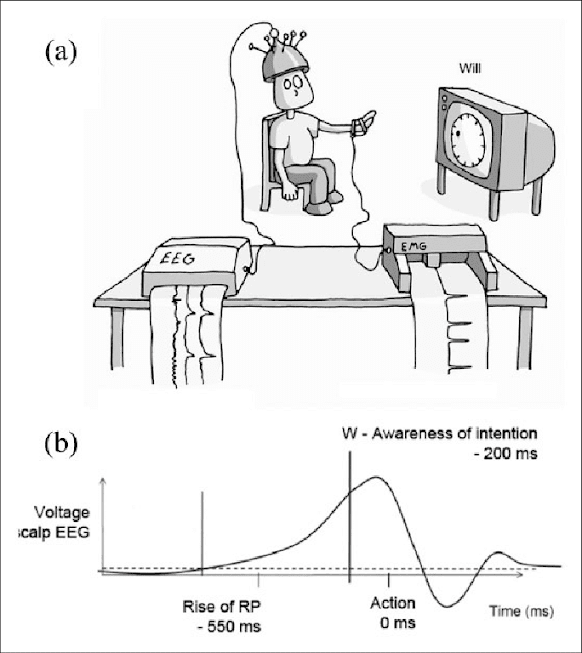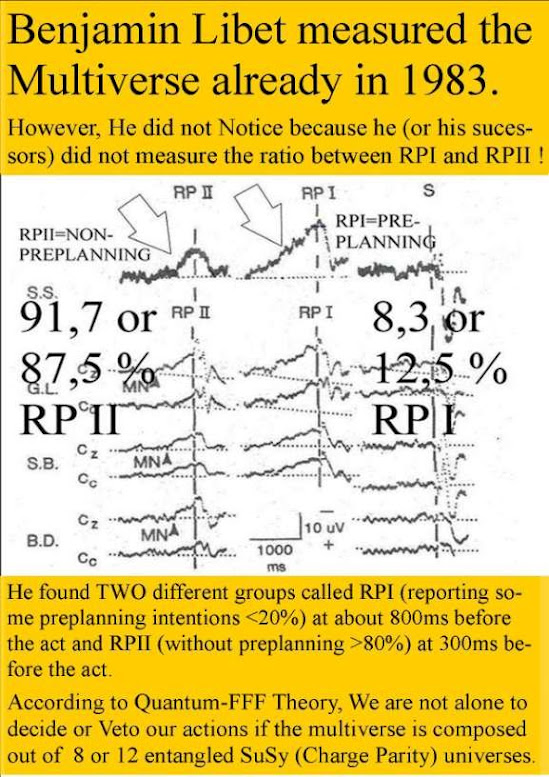The Two Selves takes the position that the self is not a "thing" easily reduced to an
Rather, the self consists in a multiplicity of aspects, some of which have a
As a consequence of its potential immateriality, the subjective aspect of self cannot
Klein argues that to fully appreciate the self, its two aspects must be acknowledged,
However, given their different metaphysical commitments (i.e., material and
After addressing these concerns, Klein presents evidence based on self-reports from
Review
"This is a wholly original book that derives from the distinctive, creative and (in my view) downright brilliant insights of the author. The book powerfully points out that the epistemological self is, if anything, over-studied, while the ontological self (of experience) is sadly neglected
empirically and conceptually. The scholarship is impressively wide and deep, demonstrating a thorough and sophisticated knowledge of contemporary research on the self and social cognition as well as current philosophy of mind and of science-two knowledge stores that are rarely to be found within the
same brain, let alone the same book."
- David Funder, Professor of Psychology, University of California, Riverside
"Klein is a profound thinker and a well-known leading force in a multidisciplinary field that deals with the ever-mysterious and fascinating issues of the human mind. One of the most prominent of these is the concept of 'self.' Klein has been at the forefront of the field of study of 'self' from the
beginning. His new book takes a quantum leap forward in the field. The thesis of the book is that much of the extant uncertainty and confusion about 'self' could be cleared up by the postulation of two independent but closely interacting forms of self, which he calls epistemological and
ontological. This is a fascinating idea. It is easy to imagine that it will become the focus of a great deal of philosophical and cognitive-science work on 'self' in the future."
- Endel Tulving, University Professor Emeritus, University of Toronto
"My first impression when I started The Two Selves was that S.B. Klein had asked the right question. My conviction when I finished the book was that Klein had indeed come to grips with the central problem of the self. His work is a welcome effort to distinguish between the threads, with which is
woven the seamless tapestry we call self. Klein has shown, not for the first time, that he is at the centre of the meaningful and intriguing project of psychologists and philosophers working together to try and understand the self. Klein's book is an essential reading for any person interested in
the self and more generally, in the human mind."
- L. Manning. Professor at the University of Strasbourg
"Klein not only succeeds in producing a cogent argument for distinguishing between these two senses of "self," he produces a clear characterization of them. These successes alone would have made this book well worth reading, but Klein does more. He shows that one fruitful avenue for enhancing our
understanding of self is to attend to abnormalities of belonging, those instances wherein the relationship between self and its experiences is disrupted. I believe the search for a "mental glue" that binds the self to its experiences will help to focus, invigorate, and integrate research spanning
multiple fields, as well as lead to a comprehensive framework for understanding self, that elusive datum about which all else revolves." - Timothy Lane, Taipei Medical University
"The Two Selves is a fascinating volume, showing the struggles of a modern brain scientist trying to be true to the phenomena of self, while not losing sight of what we have learned from the many disciplines that have contributed to our understanding of self over the 125 years since James wrote his
book. What is likely to be of greater interest to the general reader are the empirical studies that ground Klein's distinction between the two selves, since they are quite illuminating for any general theory of self. It seems to me that the strength of Klein's work is in his detailed articulation of
this research." -John Barresi, Notre Dame Philosophy Reviews
"[T]he core of Klein's argument is convincing, and any disagreement with the details of his view should be dwarfed by admiration for the originality of his approach. While Klein's
home discipline is psychology, this is as much a book of philosophy as it is of psychology. Such truly interdisciplinary work is, unfortunately, extremely rare. It is to be hoped that more of us will follow his lead in the future." -Kourken Michaelian, Mind & Machine
"The core of Klein's argument is convincing, and any disagreement with the details of his view should be dwarfed by admiration for the originality of his approach. While Klein's home discipline is psychology, this is as much a book of philosophy as it is of psychology. Such truly interdisciplinary
work is, unfortunately, extremely rare. As Klein's book demonstrates by example, both disciplines are very much the poorer for it. It is hoped that more of us will follow his lead in the future." --K. Michaelian, Journal Minds and Machines
--This text refers to the hardcover edition.
About the Author
Stanley B. Klein, PhD, was born in New York City and grew up in Connecticut. A BA graduate of Stanford University with a doctorate from Harvard University, he has taught at University of Illinois, Champaign-Urbana; Trinity University, San Antonio; and University of California Santa Barbara, where he
is currently in the Psychology Department. Klein has been a member of the APA, Psychonomic Society, and Society for Experimental Social Psychology, all while publishing on memory, the self, evolutionary psychology, social psychology, neuroscience, social neuroscience, mental time travel, and nature
of mind (from a philosophical perspective).
--This text refers to the hardcover edition.





